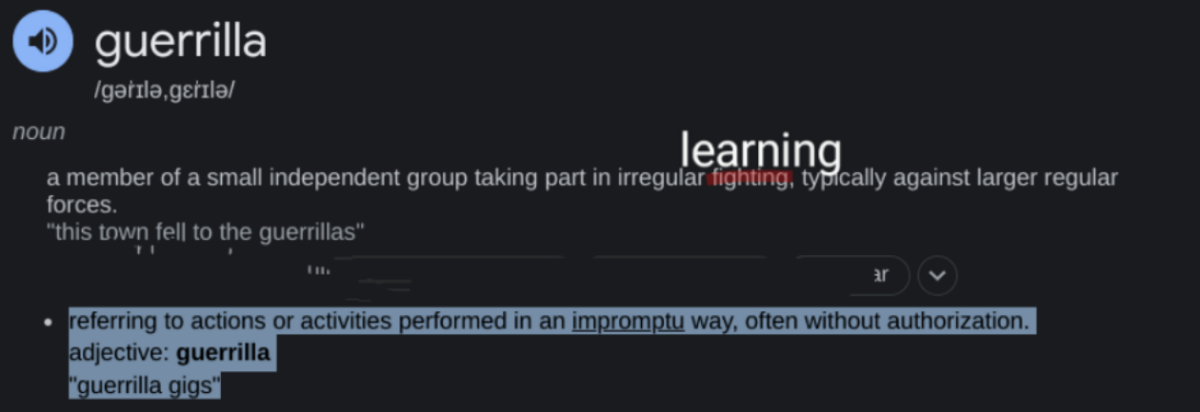Utilitarianism holds a very powerful sway over our contemporary practical reason, whether we like it or not we tend to think in terms of welfare and cost-benefit analysis at the level of policy and law, if not at the level of individual actions. Given recent use of chemical weapons, an interesting history of the development of Sarin and other chemical weapons was published a while ago in The Guardian yesterday which shows the relationships between technology, war and production quite starkly. You can read it here: http://gu.com/p/3tp3b/. It may be useful information for any of you thinking about doing projects in this area.
What struck me was a real problem I have with utilitarian, social based philosophies (and not necessarily the act forms but…) . The concern came to me when reading about the poor solider used as a test subject. The ethical justification of this to government and to the soldier’s family would no doubt have been the benefit to the many. Utilitarianism, of course, will not necessarily agree with this, but — and here is my problem — it cannot rule out the use of an individual’s life in ethical calculations. Utilitarianism will always bring to the table the possibility of the one life being expendable and that strikes me, in ethics at least, as “beyond the pale”. Even if such a course of action is rejected (by fudging the figures or some sort of indirect form of utilitarianism), the fact that the idea has to be first rationally entertained, illustrates the corrupt nature of such ethical thinking. Here one feels the pull of rights as trumps or some deontological conditions.
Of course, the utilitarian may just say I am begging the question, but he has all the work to do because intuition is not on his or her side.

I think this problem could be eradicated with the simple factor of consent. I could not quite grasp from the article whether the man who left the ambulance, did so without his gas mask on purpose. However if we say for the sake of the argument that he did, then his consent would nullify the problem of someone else choosing to put one life above another. He has chosen to put others before himself and this choice may be utilitarian or it may be for personal reasons, but the choice is the key factor for me.
This is the same as the next story about Ronald Maddison, if he agreed to take part in the unethical experiment then in is no longer unethical. By choosing to sacrifice his life for whatever reason, such as protecting others, serving his country etc, his choice prevents it being unethical. This is similar to the cannibal who agrees to be eaten. I believe that his consent prevents the issue, as there are no universal laws as someone like Kant may argue.
Admittedly it would be hard to scale up this into social or economic theories of utilitarianism.This can only work for individual cases where the agents choice is clear cut and here we still have a problem. However for the above problem, the key is consent.
(Alex Smith)
What Hobbes is good at is redefining terms and dismissing what he sees as “metaphysical errors”, where language (words such as “free will”) have metaphorical and traditional connotations which are brought into consideration when we argue. However, you are right to question his consistency and that is how we interrogate a work in the history of thought.
Can one consent to outcomes of which they are unaware? We do it all the time, but when does deception come into play?